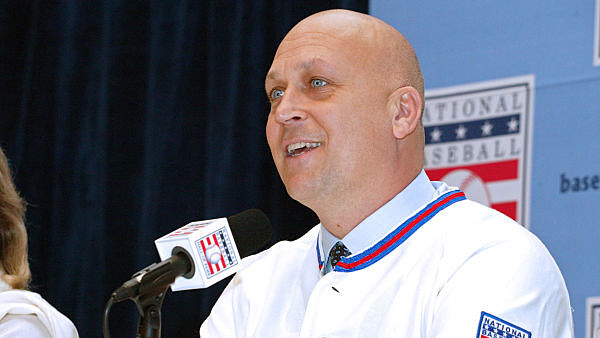
Baseball legend Cal Ripken Jr. shared some of the business insights he gained throughout his illustrious career with a group of American financial planners on Tuesday as the keynote speaker at the U.S. Financial Planning Association’s annual conference in Baltimore.
> On financial planning
When Ripken, a Baltimore Orioles star and Hall of Famer, played in the minor leagues in the late 1970s and early ’80s, he earned US$500-US$1,000 per month and had to share living quarters with teammates to break even financially.
When the Orioles signed Ripken in 1982, his annual salary soared to a whopping $40,000, the league minimum at the time. Ripken’s agent had a policy of issuing players a living allowance and putting the rest of the player’s salary into investments and savings.
Ripken’s teammate Eddie Murray, who had the same agent, signed a then massive $1-million a year contract with the team. “I was curious to see his pay stub,” Ripken recalls.
Ripken was surprised to learn that Murray’s “carry-around money was exactly the same as mine.”
The agent was trying to instill in his clients an understanding of the importance among players of getting their money to work for them before they start buying cars and houses.
“That made me really understand the value of saving over time,” Ripken said.
> On motivation
Baseball players, like business people, must be prepared for failure as well as success. A good baseball player fails 70% of the time to achieve a respectable batting average of .300. Similarly, sales people must be willing to overcome sales slumps and accept temporary failure as a step toward success.
> On perseverance
Ripken, who holds the “iron man” record for playing 2,632 consecutive regular season games, said the key to perseverance is “believing you can do it.”
When he played his first full season without missing a game, he became certain that he could repeat the accomplishment: “If you can do it once, you know you can do it again.”
> On creating an exit plan
“A lot of people wondered why I announced my retirement in June,” said Ripken, who played his last game in 2001. In contrast, most players make such announcements toward the end of the season.
But announcing his plans early had its advantages, Ripken said: “It gave me a chance to speak publicly about my business plan. And it gave me time to say goodbye.”
Ripken — who now owns several minor league baseball teams and runs Ripken Baseball, a company that hosts youth baseball tournaments in various locations in the U.S. — was interviewed on stage by personal finance journalist and CNBC contributor Sharon Epperson.
Photo copyright: Bloomberg